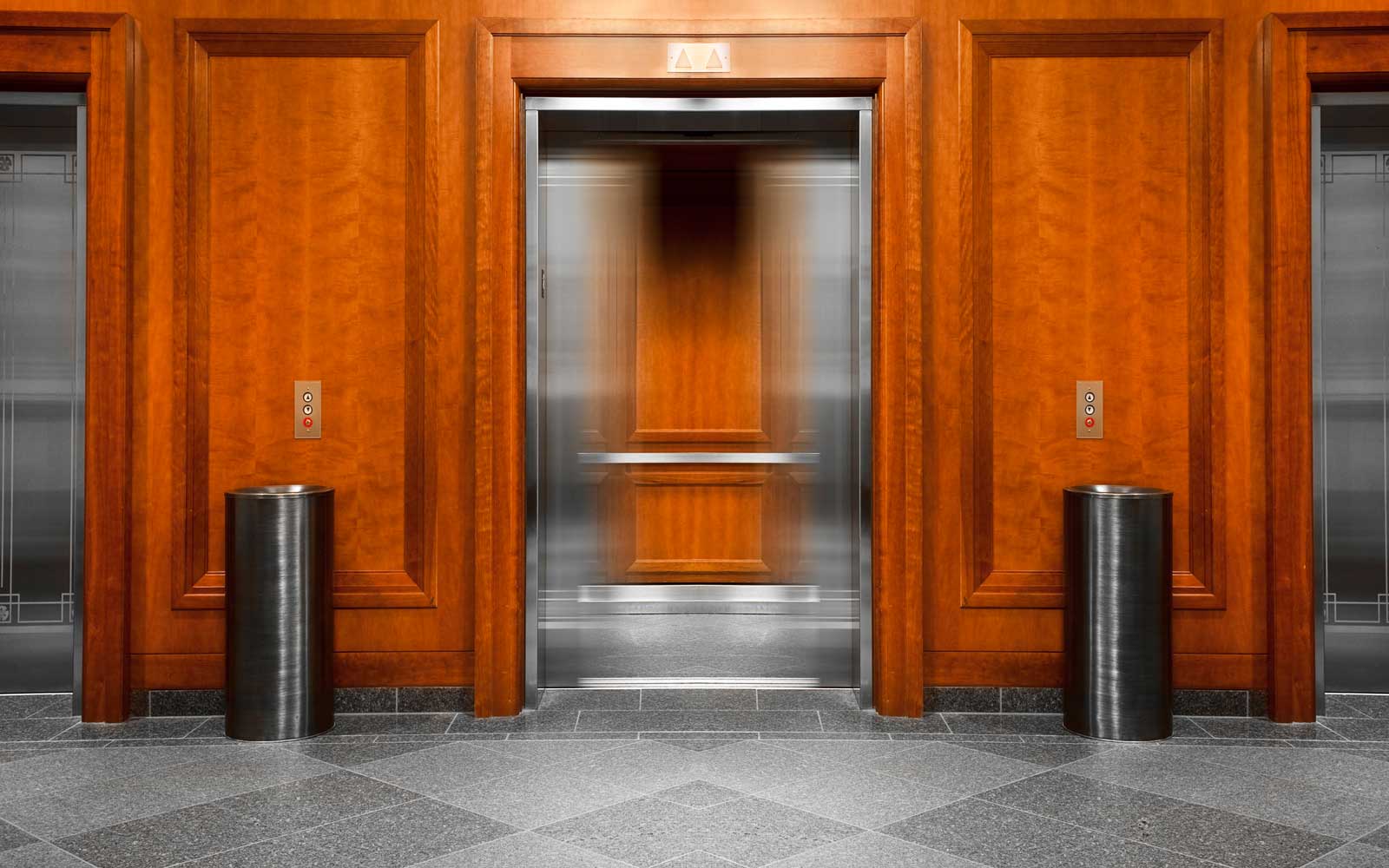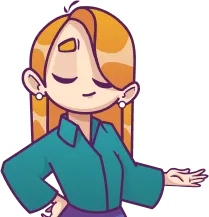
Review of "The Elevator" by William Sleator
Assessment
•
Devan Trahan
•
English
•
6th - 8th Grade
•
21 plays
•
Medium
Improve your activity
Higher order questions
Match
•
Reorder
•
Categorization
.svg)
actions
Add similar questions
Add answer explanations
Translate quiz
Tag questions with standards
More options
31 questions
Show answers
1.
Multiple Choice
“Hello Martin,” she said, and laughed, and pushed the Stop button. This is the last line of our story. At what precise part of the plot does this story end?
Resolution
Rising Action
Climax
Falling Action
2.
Multiple Choice
Many students have suggested that Martin suffered from extreme anxiety (constantly worrying, nervousness). Which lines would serve as the best textual evidence to prove this inference?
Coming home from school the day after they moved in, Martin tried the stairs. But they were almost as bad, windowless, shadowy, with several dark landings where the light bulbs had burned out.
But he was condemned to the elevator now. Was that why the fat lady had smiled? Had she known it would happen this way?
Until the morning, the elevator stopped at the fourteenth floor, and the fat lady got on. She wore a threadbare green coat that ballooned around her; her ankles bulged above dirty sneakers.
He felt her eyes on him as he stared at the numbers slowly blinking on and off—slower than usual it seemed to him. Maybe the elevator was having trouble because of how heavy she was. It was supposed to carry three adults, but it was old. What if it got stuck between floors? What if it fell?
3.
Multiple Choice
What manners does the lady violate according to the main character?
The antagonist constantly looks at her watch when you are talking to her as if she wants you to hurry.
She uses her hands instead of utensils when eating.
Elevator etiquette: she does not face the elevator door and stares at Martin while on the elevator.
The fat lady is never on time for work which greatly inconveniences her fellow employees.
4.
Multiple Choice
His father, who worked at home, wanted to know why he was so out of breath. “But why didn’t you take the elevator?” he asked, frowning at Martin when he explained he’d taken the stairs. Not only are you skinny and weak, his expression seemed to say, but you’re also a coward. After that, Martin forced himself to take the elevator.
What could a reader reasonably infer from a close reading of the text above?
Martin’s father believes Martin is one of the bravest children he knows.
Martin believes his father thinks he is afraid of too many things in life.
Martin’s father wants Martin to take the elevator because they pay a monthly fee to use it.
Martin’s father preferred (liked) his other son over Martin.
5.
Multiple Choice
The elevator was an undeniable fact of life.”
According to this line from the story, what does the elevator most likely symbolize (stand for) in Sleator’s story?
Fears or problems that must be overcome in life
The aging process
Older machines which must be replaced
Life in an apartment instead of a single family home
6.
Multiple Choice
Which parts of the plot are missing from this story?
Exposition and Rising Action
Climax
Rising Action
Falling Action and Resolution

Explore this activity with a free account
Find a similar activity
Create activity tailored to your needs using
.svg)

Kamishibai Man Comprehension
•
3rd Grade

All Summer In A Day
•
6th Grade

Plot Elements
•
6th - 8th Grade

Theme
•
7th - 8th Grade

Elements of Plot Refresher
•
6th Grade

Theme
•
8th - 9th Grade

Story Elements
•
4th Grade

Plot Elements
•
4th - 6th Grade